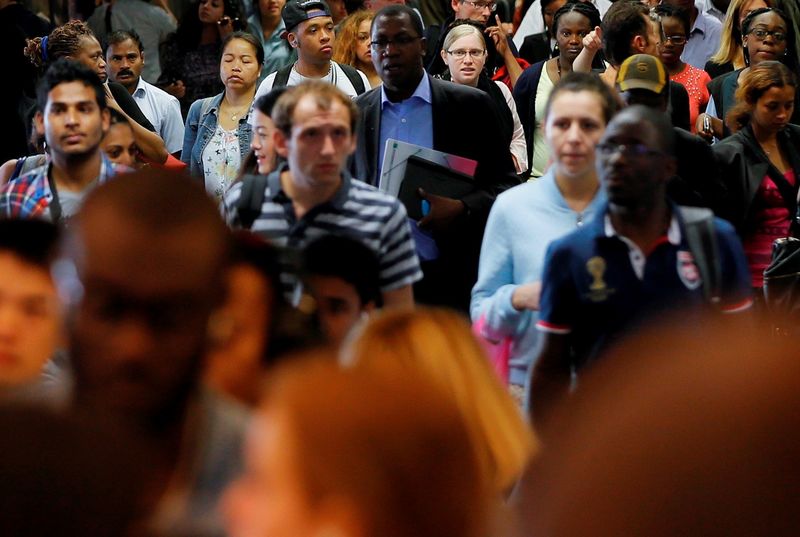By Aleksandar Vasovic
BELGRADE (Reuters) - Serbia's central bank is expected to keep its benchmark rate unchanged this week as a slowdown in reforms before April 24 elections may increase depreciation pressures and further weaken the dinar, a Reuters poll showed.
Last month, after four months of keeping it unchanged, the bank cut the rate by 25 basis points to 4.25 percent, citing low inflation at home and abroad as well as external pressures.
The bank also said it plans to maintain its looser monetary policy because the country's inflation rate remains below its target range of between 2.5 percent and 5.5 percent. Inflation in February stood at 1.5 percent, down from 2.4 percent a month earlier.
Of 17 dealers and analysts polled by Reuters , 12 expected the bank to keep rates on hold when it meets on Thursday. Five saw a 25 basis point cut.
In an analysis, UniCredit bank said the central bank might decide to keep rates unchanged as the dinar (EURRSD=) has trended slightly weaker versus the euro since the rate cut last month.
Low inflation and investors seeking to reduce their exposure to emerging markets following the U.S. rate hike and European Central Bank quantitative easing will also weigh on the bank's decision. But snap elections in Serbia scheduled for April 24 may also influence policymakers.
"With reforms stalling ahead of the elections ... , a new cut would achieve very little in terms of support for Serbian assets," UniCredit bank said.
Serbia's President Tomislav Nikolic scheduled snap elections for April 24 as the ruling Serbian Progressive Party sought a fresh mandate to cement its power, proceed with reforms and lead the country towards European Union membership.
"A 25 basis point cut to 4 percent may be on the cards if reforms resume after the elections," the UniCredit bank said.
Serbia's reforms are seen as needed for reducing the budget deficit, cutting debt and downsizing the bloated public sector, in line with its 1.2 billion euro ($1.33 billion) three-year loan deal with the International Monetary Fund.
The central bank has so far sold around 470 million euros this year to bolster the dinar which it keeps in a managed float against the euro.
